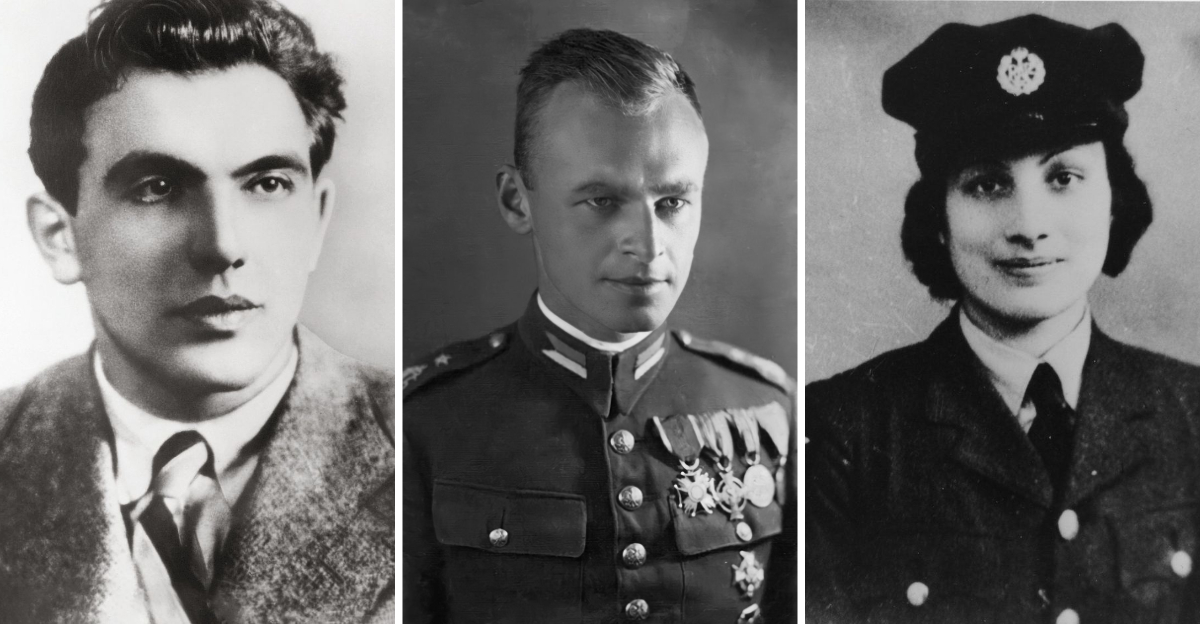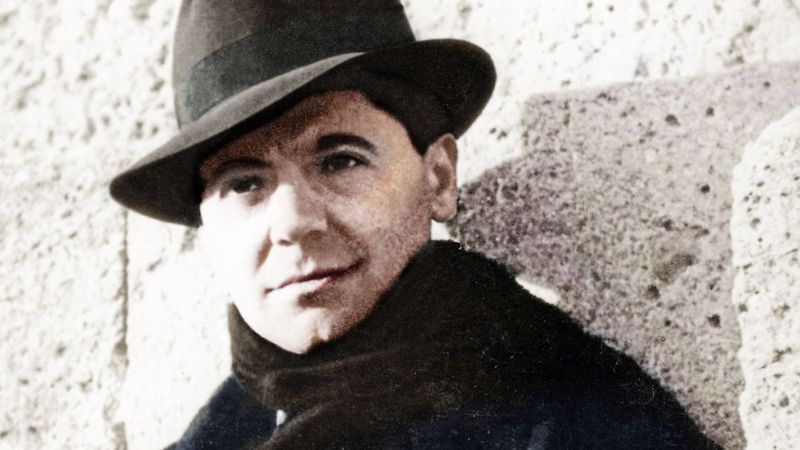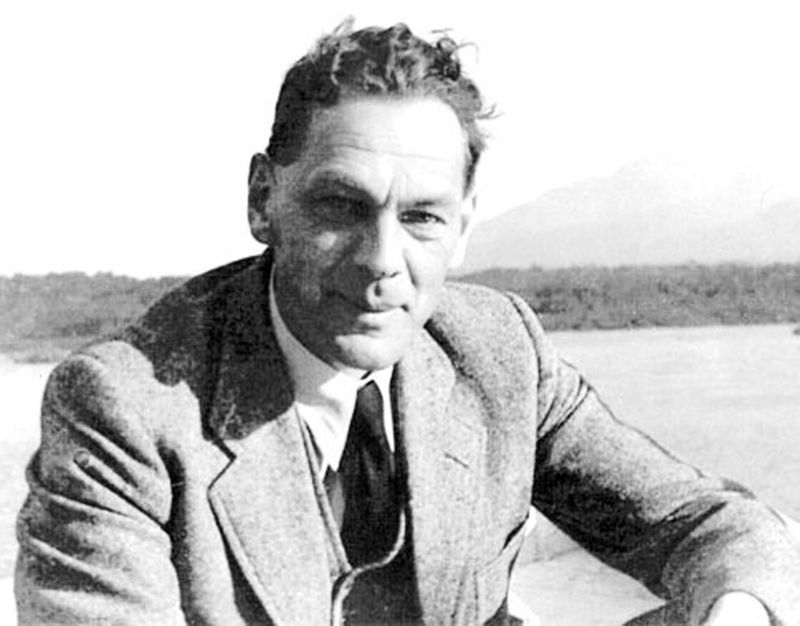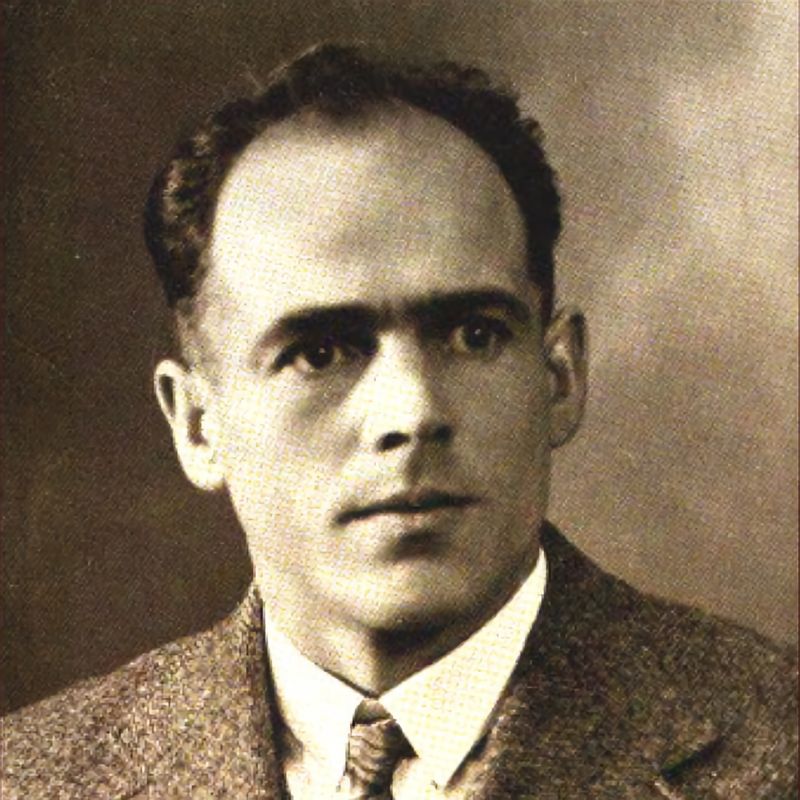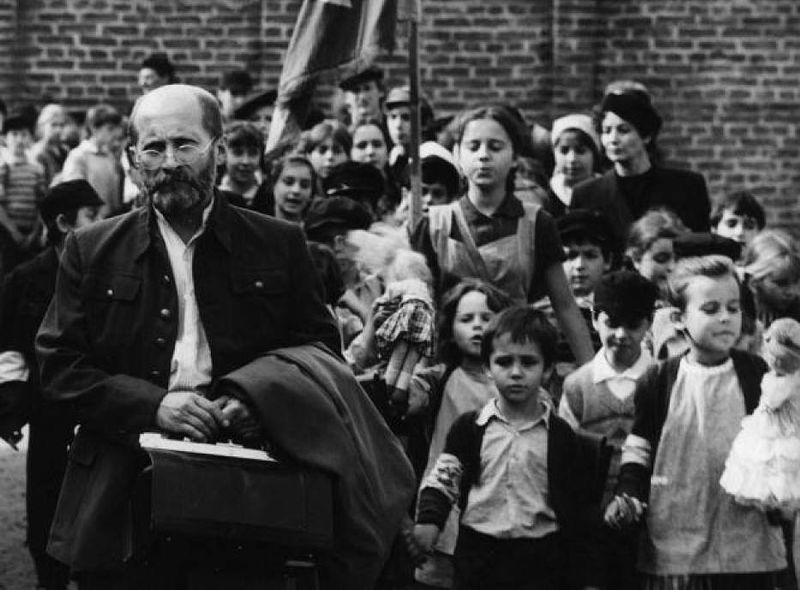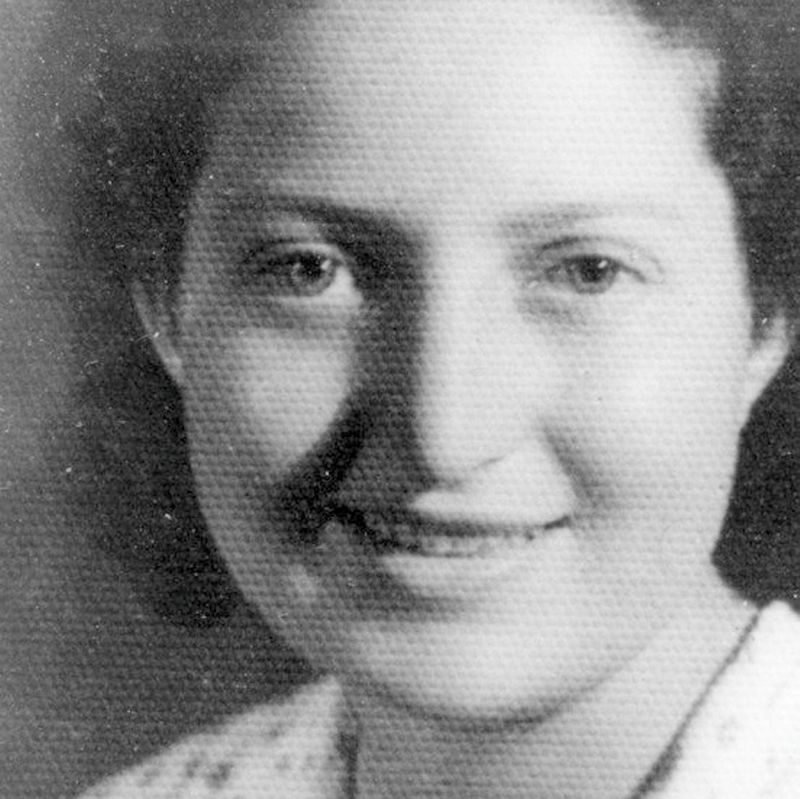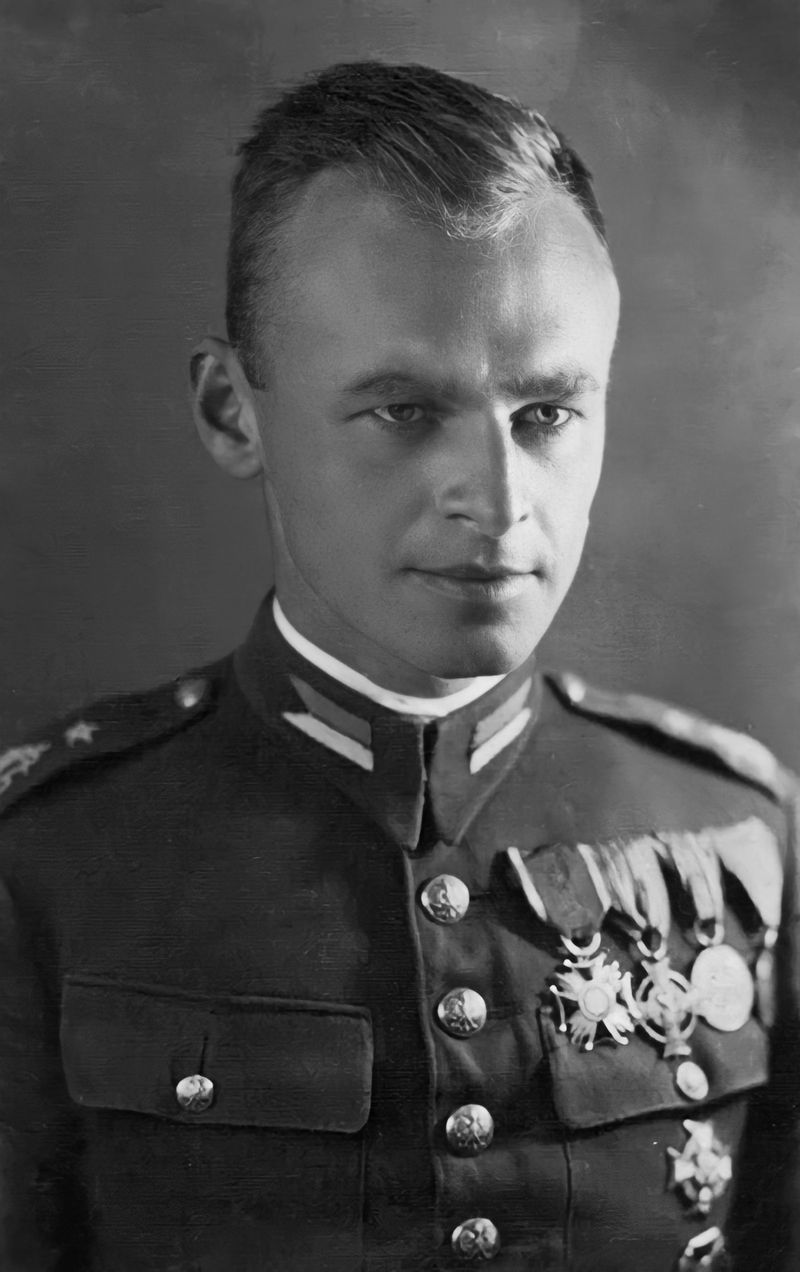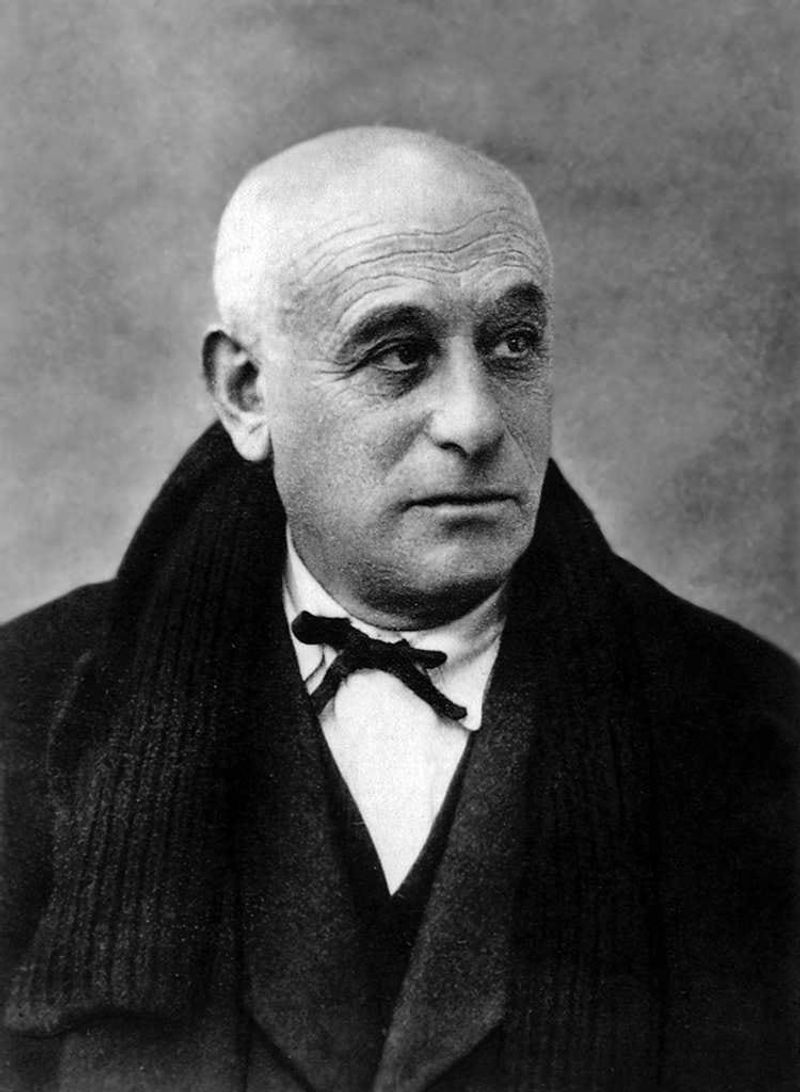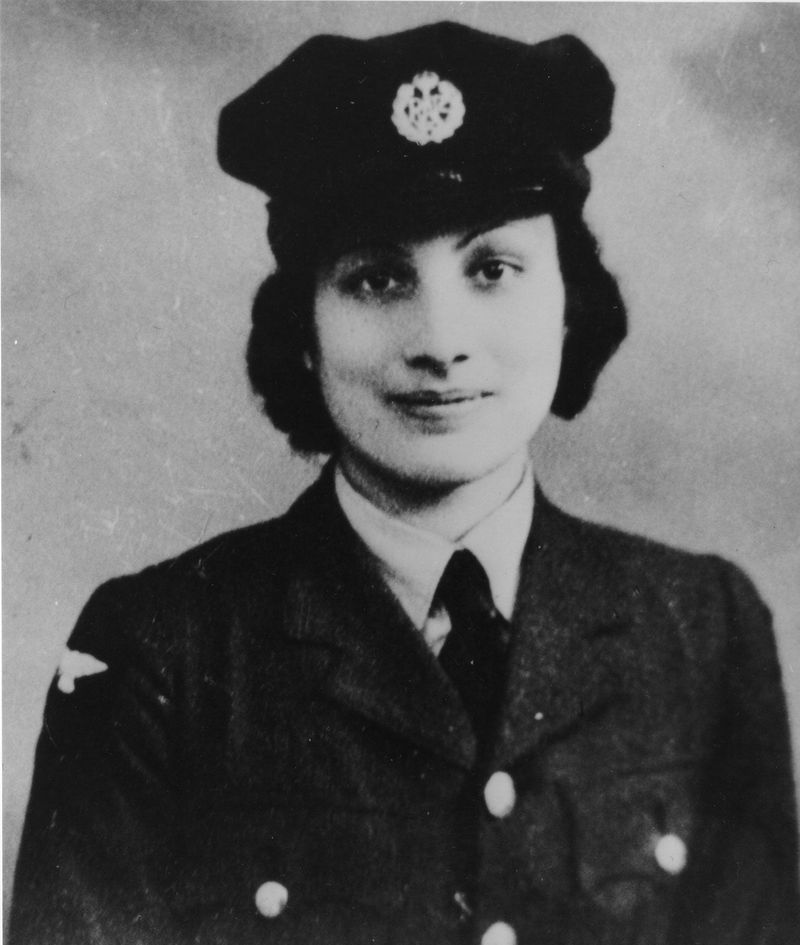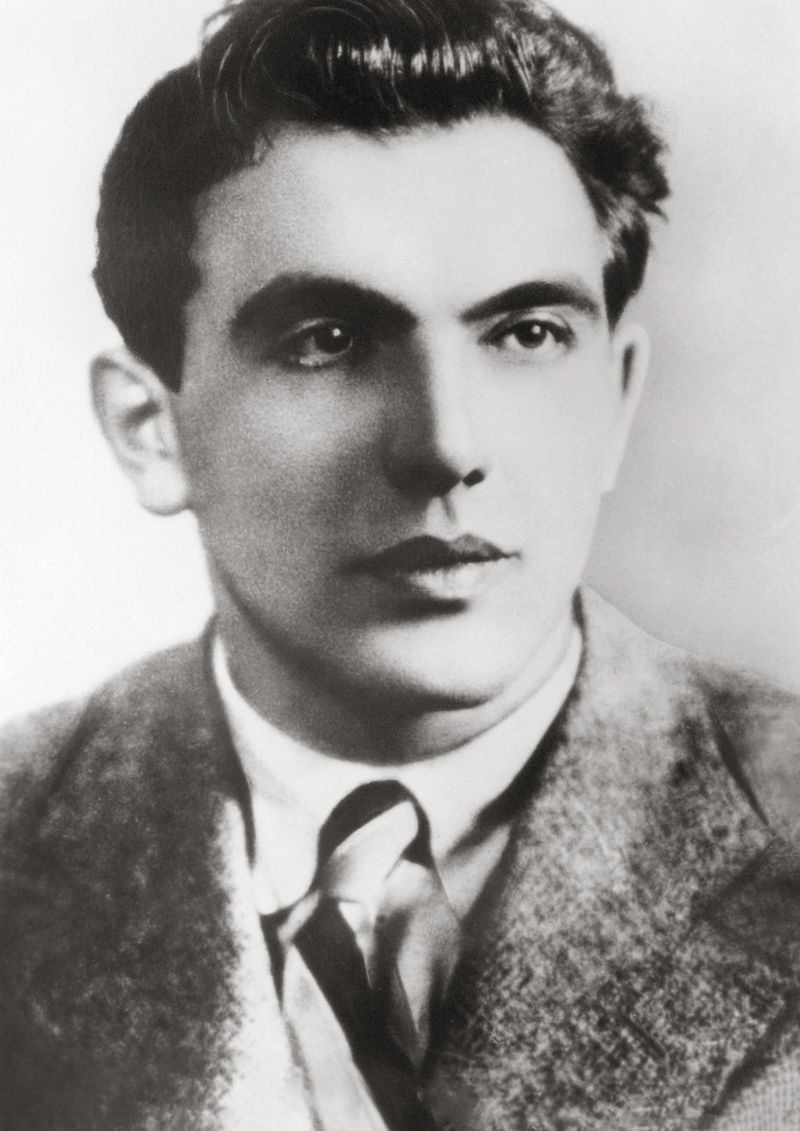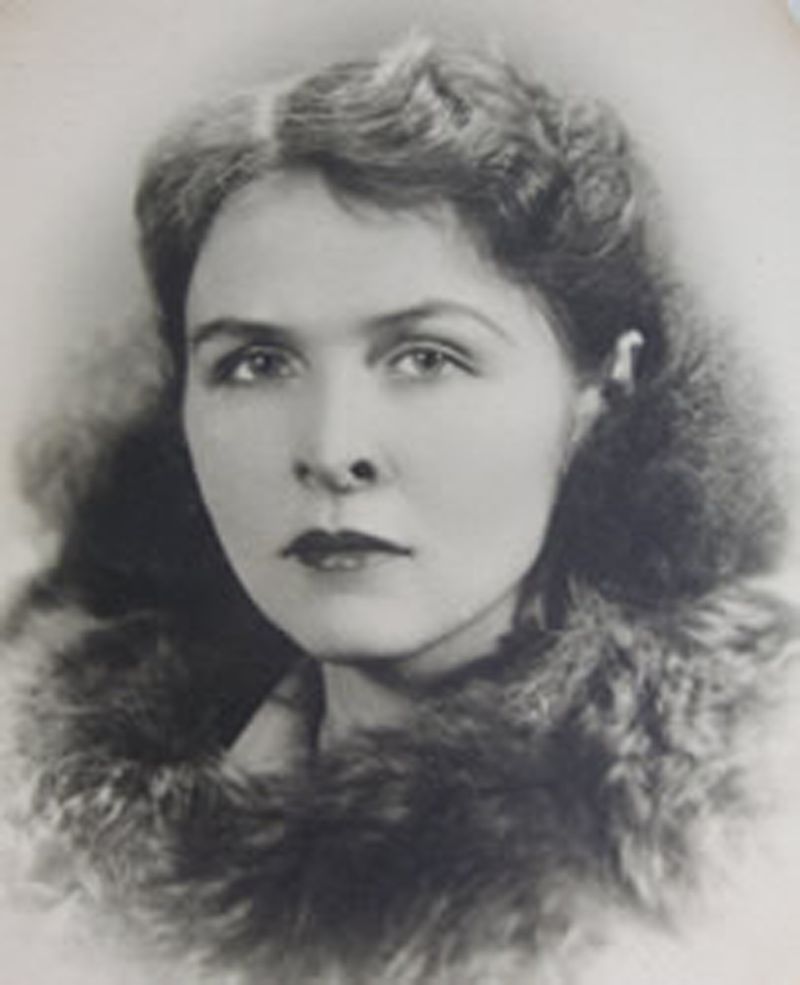World War II claimed the lives of millions — soldiers, civilians, and even celebrities. But while some names echo loudly through history books and Hollywood dramatizations, there are others whose sacrifices or stories deserve far more attention. Yes, we all know Anne Frank, Hitler, Mussolini, and Glenn Miller died during WWII. Important? Absolutely. But it’s time to highlight 10 lesser-known figures whose wartime deaths shaped resistance movements, intelligence operations, or cultural legacies in ways that still ripple today.
1. Jean Moulin (1899–1943)
In the heart of Nazi-occupied France, Jean Moulin stood as a beacon of unity and defiance. With a steadfast will, he unified the fractured French Resistance under Charles de Gaulle, striving to liberate his homeland. His capture by the Gestapo led to a harrowing period of torture. Though he ultimately succumbed to his injuries, his indomitable spirit left an indelible mark. A national hero in France, his name is less recognized beyond its borders. Moulin’s legacy continues to inspire, symbolizing courage and sacrifice. Few have given so much, with such lasting impact, to the cause of freedom.
2. Richard Sorge (1895–1944)
Richard Sorge, a master of espionage, operated in the shadows of Tokyo during World War II. His intelligence network provided critical insights into German plans, forewarning Stalin of looming threats. Despite the accuracy of his reports, they were tragically ignored. His capture by Japanese forces led to a grim fate: execution by hanging. Sorge’s legacy reshaped Soviet intelligence practices, reminding us of the unsung heroes in the world of espionage. A man of complexity and bravery, his story remains a gripping tale of intrigue and sacrifice. His name deserves recognition beyond intelligence circles.
3. Franz Jägerstätter (1907–1943)
In an era of war and conformity, Franz Jägerstätter’s moral resolve shone brightly. Refusing to fight for the Nazis, his Catholic faith guided his conscientious objection. As a result, he faced execution by guillotine, a fate that tested his conviction but never wavered his spirit. Beatified by the Church in 2007, his life story was immortalized in Terrence Malick’s film “A Hidden Life.” Jägerstätter’s tale offers a poignant reflection on moral courage, posing questions about faith and duty. His stand against tyranny, though costly, inspires admiration and reflection on what it means to be truly brave.
4. Janusz Korczak (1878–1942)
Janusz Korczak’s unwavering dedication to the children in his care remains a powerful testament to love and sacrifice. Running a Jewish orphanage in the heart of the Warsaw Ghetto, he refused offers of sanctuary, choosing instead to accompany his orphans to Treblinka. This final march underscored his selfless nature, a symbol of profound devotion. Korczak’s legacy, largely unknown outside Poland, serves as a stirring reminder of humanity’s capacity for empathy amidst horror. His life continues to inspire educators and humanitarians, reflecting the enduring power of compassion in the face of unspeakable evil.
5. Hannah Szenes (1921–1944)
With courage forged in the flames of adversity, Hannah Szenes became a symbol of youthful bravery. Parachuting into Nazi-occupied territories, her mission was to aid Jews and resistance fighters. Despite her capture and subsequent execution at the tender age of 23, her legacy endures through her haunting poetry and courageous deeds. In Israel, Szenes is celebrated as a cultural icon, her words and actions embodying resilience and hope. Her story resonates with those who value freedom and justice, a poignant reminder of what one young life can achieve in the face of tyranny.
6. Witold Pilecki (1901–1943)
Witold Pilecki’s bravery defies easy description. Volunteering to infiltrate Auschwitz, he gathered vital intelligence on Nazi atrocities. His reports were among the first to alert the Allies about the horrors unfolding within. Despite enduring brutal interrogation and eventual execution, Pilecki’s courage remains legendary. His story, once suppressed by post-war politics, now serves as a testament to the power of one man’s resolve. A true hero in every sense, Pilecki’s life and sacrifice continue to inspire new generations, reminding us of the cost of freedom and the enduring fight against oppression.
7. Max Jacob (1876–1944)
Max Jacob, with his innovative spirit, left an indelible mark on French poetry. A close confidant of Picasso, he was an early pioneer of surrealism. Yet, the taint of anti-Semitism led to his arrest and subsequent death in the Drancy internment camp. Jacob’s cultural contributions were immense, his loss a tragedy of monumental proportions for French art and literature. His work, though overshadowed by his untimely end, continues to inspire, ensuring his legacy endures. In remembering Jacob, we honor the creative forces silenced too soon by the darkness of intolerance.
8. Noor Inayat Khan (1914–1944)
Noor Inayat Khan, a princess turned spy, embodied courage against overwhelming odds. As a radio operator in Nazi-occupied France, her bravery knew no bounds. Captured and executed in Dachau, her final word was “Liberté,” a declaration of her unwavering spirit. Khan’s unique story continues to captivate, her life a blend of mysticism and valor. Her legacy as a hero in SOE history serves as a powerful reminder of the strength found in diversity. Khan’s contributions to the war effort, though largely unsung, remain a testament to the power of conviction and courage.
9. Julius Fučík (1903–1943)
In the face of imminent death, Julius Fučík’s voice remained unyielding. His writings, smuggled out of prison before his execution, became a rallying cry for resistance across Eastern Europe. As the author of “Notes from the Gallows,” Fučík’s legacy transcended his execution. His poignant words continue to inspire generations fighting oppression. Fučík’s life and death are a testament to the power of the written word. His courage and conviction left an indelible mark on history, reminding us of the enduring struggle against tyranny and the timeless demand for freedom.
10. Irena Iłłakowicz (1906–1943)
Irena Iłłakowicz’s intelligence work during World War II was as enigmatic as it was crucial. As one of the few Muslim women in European espionage, her contributions to the Polish underground resistance were invaluable. Tragically, her life was cut short, likely by Soviet agents. Iłłakowicz’s story remains largely untold, overshadowed by larger historical narratives. However, her dedication and bravery continue to inspire, representing the untold stories of countless women in the resistance. Her legacy serves as a testament to the diverse faces of courage during one of history’s darkest periods.
